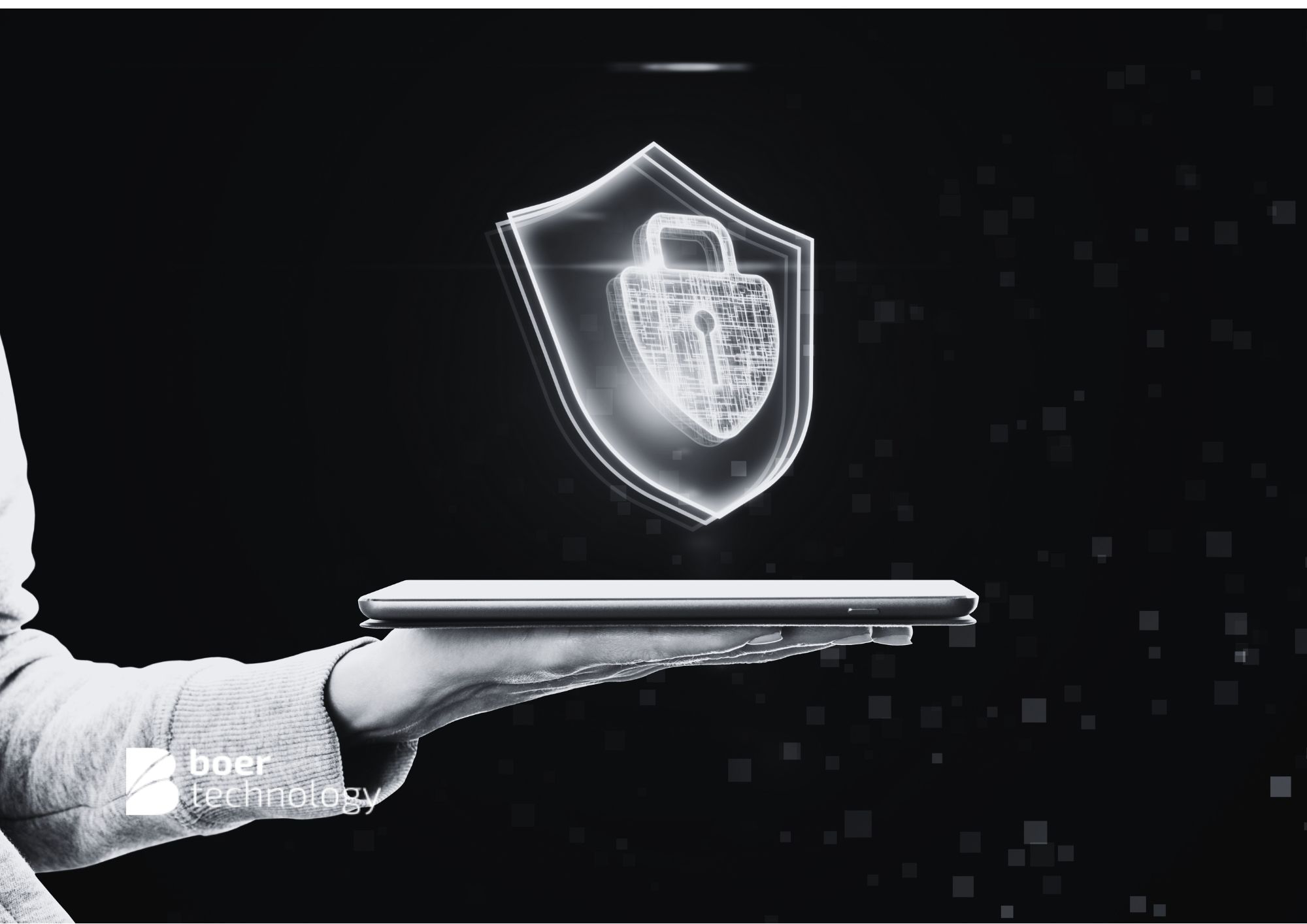In an era dominated by digital connectivity, the significance of cybersecurity cannot be overstated. As organizations and individuals alike navigate the complex landscape of cyberspace, mastering fundamental skills in cybersecurity becomes paramount. In this article, we'll delve into the core skills that are essential for individuals aspiring to excel in the field of cybersecurity.
1. Understanding Networking Fundamentals:
A solid grasp of networking fundamentals is the bedrock of cybersecurity. Cybersecurity professionals must comprehend how data travels across networks, the various protocols in use, and the vulnerabilities that may be exploited. This understanding enables them to effectively analyze and secure network infrastructures.
2. Proficiency in Operating Systems:
Mastery of operating systems, both common and specialized, is crucial. Cybersecurity professionals need to navigate and secure diverse operating environments. This includes understanding the intricacies of Windows, Linux, and macOS systems, recognizing potential vulnerabilities, and implementing security measures tailored to each platform.
3. Knowledge of Programming and Scripting:
Proficiency in programming languages and scripting is a valuable asset. While it might not be necessary to be a full-fledged software developer, a cybersecurity professional should be adept at reading and writing code. Python, for example, is widely used for automating tasks, analyzing data, and developing security tools.
4. Security Fundamentals:
A strong foundation in security principles is non-negotiable. This includes an understanding of encryption, authentication, access control, and security policies. Cybersecurity professionals must be well-versed in the methods used to safeguard information and systems from unauthorized access and malicious activities.
5. Hands-on Experience with Security Tools:
Practical experience with security tools is essential. Cybersecurity professionals should be familiar with intrusion detection systems, firewalls, antivirus programs, and other security software. Moreover, expertise in ethical hacking tools is crucial for identifying vulnerabilities and assessing the security posture of systems.
6. Incident Response and Forensics:
In the realm of cybersecurity, the ability to respond swiftly to incidents and conduct digital forensics is paramount. Cybersecurity professionals need to develop skills in identifying, mitigating, and investigating security incidents. This includes understanding the forensic process, preserving evidence, and analyzing security breaches.
7. Continuous Learning and Adaptability:
The cybersecurity landscape is dynamic, with new threats emerging regularly. A commitment to continuous learning is fundamental. Cybersecurity professionals must stay abreast of the latest technologies, vulnerabilities, and attack vectors. Being adaptable and having a proactive approach to learning is key to staying ahead in this ever-evolving field.
8. Communication and Collaboration:
Effective communication is a skill often overlooked in technical fields. However, in cybersecurity, the ability to communicate complex security concepts to non-technical stakeholders is crucial. Cybersecurity professionals must also work collaboratively with teams across various departments to implement holistic security measures.
9. Ethical Hacking and Penetration Testing:
Understanding the mindset of a hacker is invaluable for a cybersecurity professional. Ethical hacking and penetration testing involve simulating cyber-attacks to identify vulnerabilities and weaknesses in systems. This proactive approach helps organizations strengthen their defenses against real threats.
10. Compliance and Legal Knowledge:
A comprehensive understanding of cybersecurity laws and compliance standards is vital. Cybersecurity professionals need to ensure that their organization adheres to legal requirements and industry regulations. This includes knowledge of data protection laws, privacy regulations, and industry-specific compliance standards.
Conclusion:
Mastering cybersecurity requires a holistic approach that combines technical expertise with a deep understanding of security principles and a commitment to ongoing learning. As cyber threats continue to evolve, cybersecurity professionals play a pivotal role in safeguarding digital assets and maintaining the integrity of online ecosystems. By acquiring and mastering these fundamental skills, individuals can embark on a rewarding and impactful career in the dynamic field of cybersecurity.
Read Also: UNDERSTANDING OPENSTACK: UNVEILING ITS MAIN COMPONENTS
Read Also: EMPOWERING CLOUD COMPUTING: THE ROLE OF ASSISTANCE IN THE CLOUD



